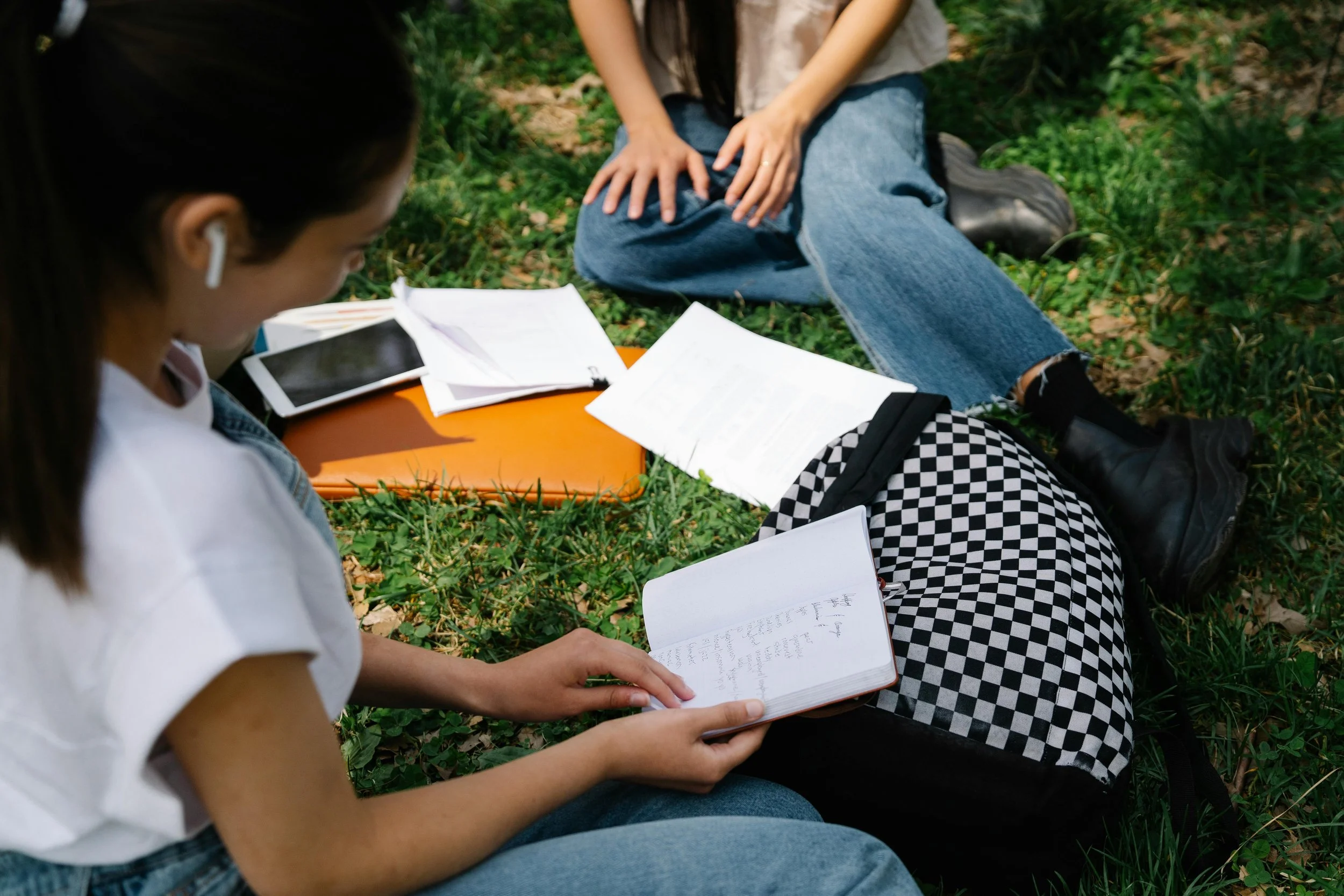GCSE Spanish 2026
Here’s What You Need to Know
If you're sitting your GCSE Spanish exam in 2026, now’s a great time to get organised. Whether you’re hoping to pass comfortably or aiming for the top grades, getting a head start will make everything feel way less overwhelming.
In this post, I’ll walk you through what to expect, when the exams are likely to take place, and how you can start preparing now in a way that actually works (no cramming required!). And if you ever feel stuck or need a hand, I’m just a message away.
📅 When Are the GCSE Exams in 2026?
The final exam dates haven’t been released yet, but based on previous years, you can expect something like this:
Speaking exam – between April and May 2026
Listening and Reading exams – mid-to-late May 2026
Writing exam – likely in early June 2026
The exact dates will depend on your exam board (AQA or Edexcel), so make sure to check the official websites or ask your school when they’re announced.
🗓️ Quick tip: You can search “GCSE Spanish 2026 exam dates AQA” or “Edexcel GCSE Spanish 2026 timetable” to stay up to date.
📘 What Will You Be Tested On?
GCSE Spanish is split into four main skills:
Listening – understanding spoken Spanish
Reading – understanding texts and short passages
Writing – expressing your ideas clearly in Spanish
Speaking – short conversations, photo cards, and role-plays
You’ll cover everyday topics like:
Talking about family and relationships
Free time and hobbies
Holidays and travel
School and future plans
The environment, health, and social issues
The exam isn’t about perfection — it’s about showing that you can understand and communicate in real-life situations. You’ve got this. 💪🏽
✏️ Tips to Help You Feel More Confident
1. Start with Past Papers
Past papers are a great way to get familiar with the format. Try doing one every couple of weeks, then look at where you went wrong.
* Want feedback? If you’re doing past papers, feel free to send them to me. I can mark them and give you clear, simple feedback to help you improve. Just drop me a message and I’ll let you know how it works.
2. Don’t Just Memorise — Make It Stick
Instead of memorising long vocab lists, focus on topic-based vocabulary and learn useful phrases in context. Apps like Quizlet or Memrise can help, but even better — try using new words in full sentences.
3. Speak Often — Even If It Feels Awkward
It’s totally normal to feel a bit self-conscious speaking Spanish out loud, but it’s the best way to improve. Read aloud, practise with a friend, or even talk to yourself. The more you do it, the more natural it’ll feel in the exam.
4. Grammar = Confidence
You don’t need to master every grammar rule, but a few key things will help massively:
Present, past, and future tenses
Reflexive verbs
Ser vs. Estar
Opinion phrases and linking words
Subjunctive (if you're doing Higher Tier)
We can cover all of these in lessons if you ever need a little extra help.
5. Get Personalised Support
If you’re not sure where to start, or just want someone to guide you through what to focus on — I offer GCSE Spanish lessons online. Whether it's for speaking practice, writing support, or just tips to feel more prepared, I’m here to help.
* You can even book a one-off lesson focused just on exam tips — I’ll break down exactly what you need to do for each paper (listening, reading, writing, and speaking), and share strategies that really work.
Why Start Now?
Starting early gives you more time to practise and absorb everything without panic. It also means you can work on your weak areas gradually and build your confidence along the way — especially in speaking and writing, which take a bit more time to master.
Ready to Boost Your Spanish Grade?
Whether you’re doing well and want to go further, or you’re feeling a bit lost and need some help — I’ve got you. I offer:
Personalised GCSE Spanish tutoring
Marking and feedback on past papers
Focused lessons on any exam (speaking, writing, etc.)
Practical tips that actually make revision easier
📩 Just get in touch and let me know what you need — I’d love to help.

